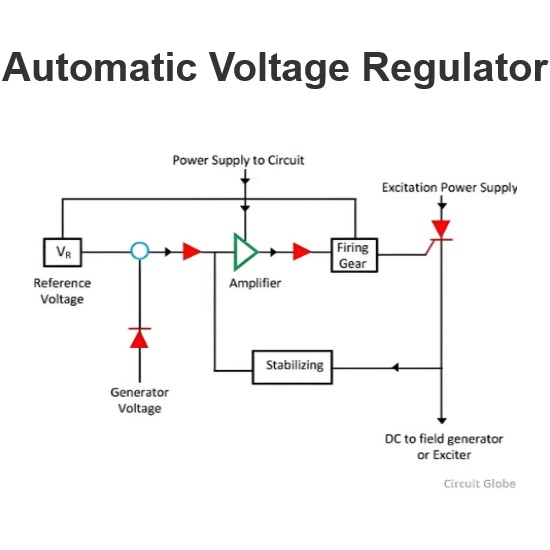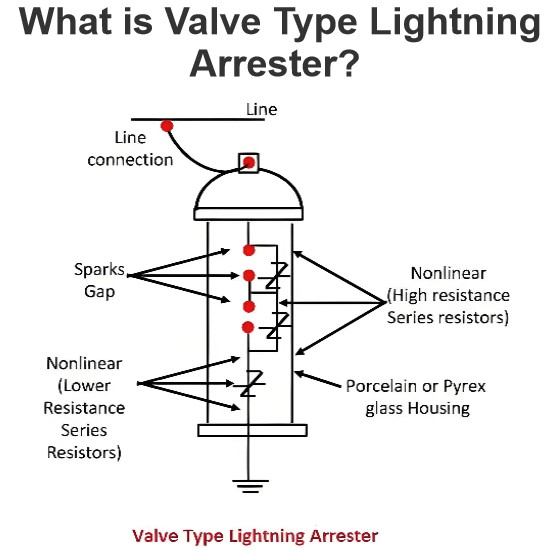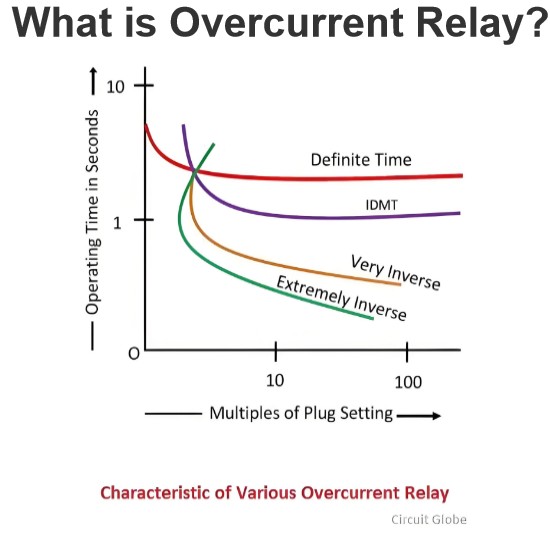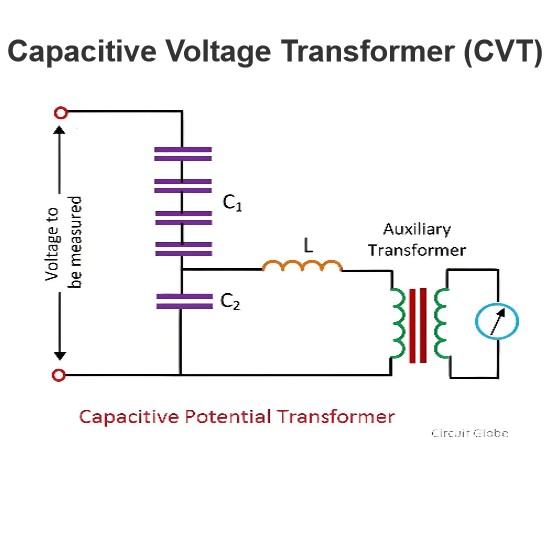What is an On-Off Controller?
What is an On-Off Controller?
On-Off Controller Definition
An on-off controller is defined as a control system that fully opens or closes the control element when the process variable crosses a preset level.
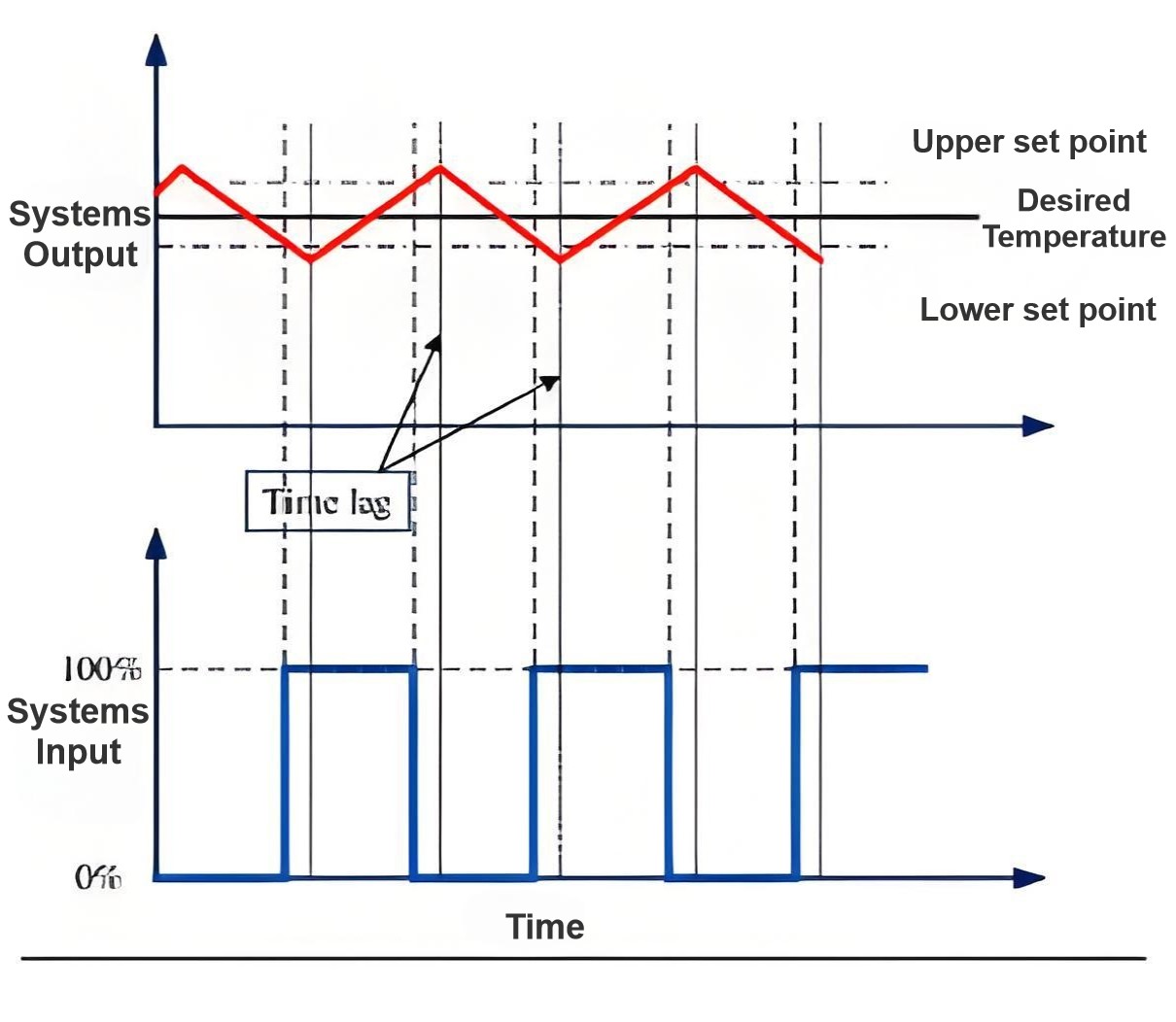
Working Principle
The on-off controller works by fully opening or closing the output value, causing the process variable to change direction and cycle continuously.
Example of Application
A typical example is the cooling fan control in transformers, which activates based on temperature levels.
Actual response curve
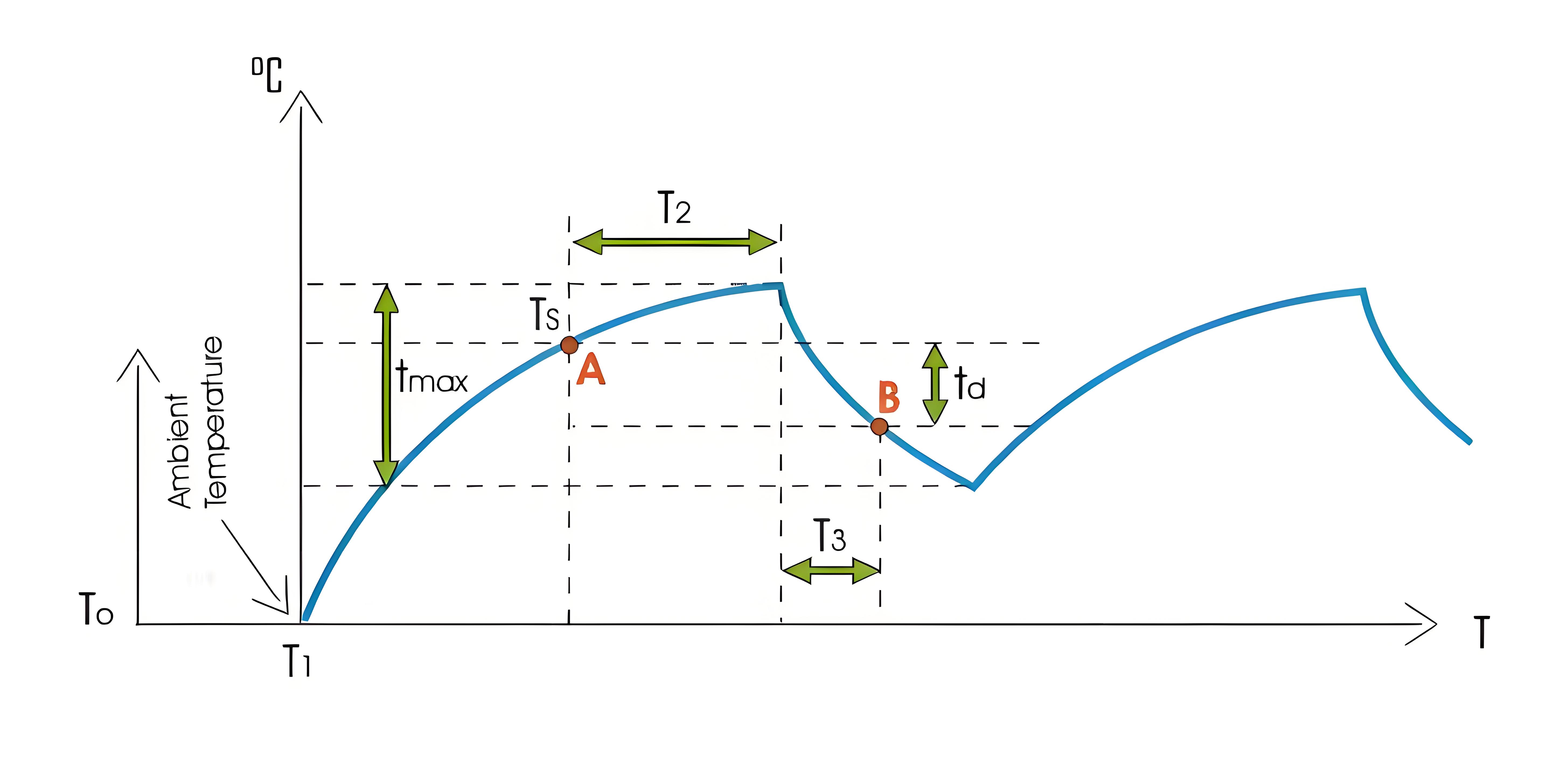
Dead Time
Practical systems experience a delay, known as dead time, between the control signal and the action.
Ideal vs. Actual Response
The actual response curve of an on-off control system differs from the ideal due to the presence of dead time.
The Electricity Encyclopedia is dedicated to accelerating the dissemination and application of electricity knowledge and adding impetus to the development and innovation of the electricity industry.

